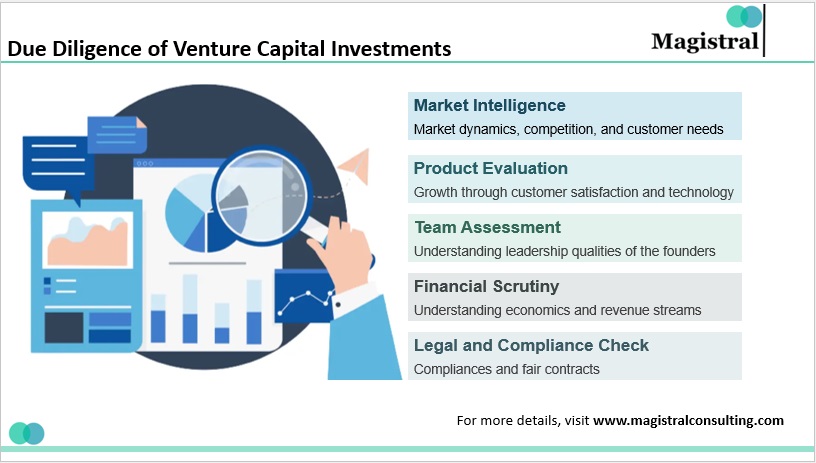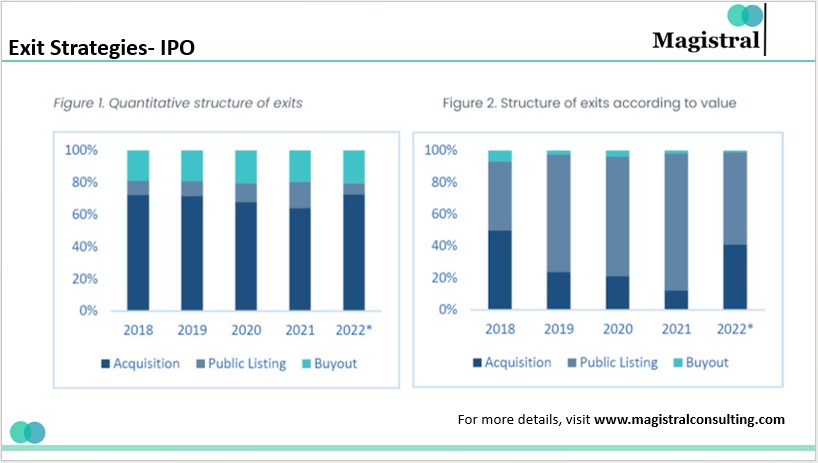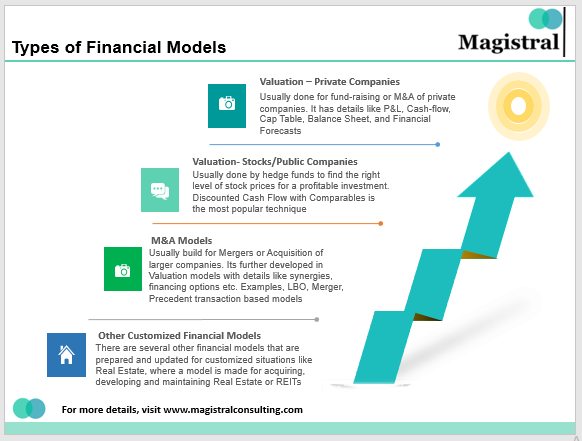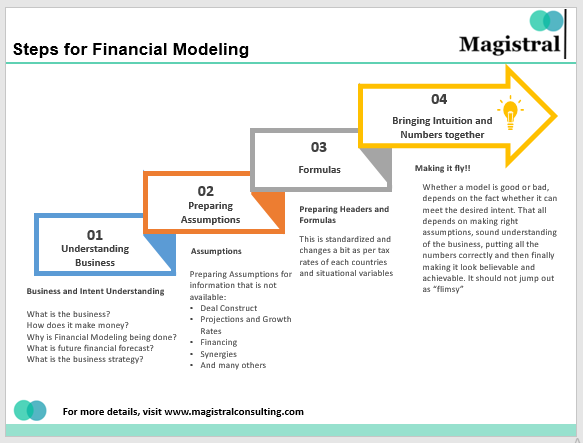VC Firms are the financial engines behind some of the most transformative companies in history.
Venture Capital is a branch of private equity investing in high-growth startups in exchange for equity. Typically, VC firms raise funds with their Limited Partners (LPs) such as pension funds, sovereign wealth funds, endowments, and High Net Worth Individuals (HNWIs) investing in a multi-stage round.
Key Functions of VC Firms
Investments in early-to-growth-stage startups are made in exchange for equity.
Provide strategic, operational, and technical support.
Facilitate go-to-market execution, team building, and future fundraising.
Guide portfolio companies to liquidity events such as IPOs or acquisitions.
In 2023, just the venture capital funds in the United States had assets under management of more than $2.2 trillion, depicting the enormity of capital formed for investment in early-stage companies. During the same year, investments by venture capital funds and their other counterparts in the world crossed $170.6 billion, approximately, in 15,766 deals across sectors-technology, healthcare, fintech, and clean energy. This volume of deal activity quantitatively emphasizes the major role of venture capital in innovation and early-stage enterprise growth at the international level.
The Economic Footprint of VCs: Fundamental Market Data
Venture capital plays a much greater role in structuring the U.S. economy than just funding startups. VC-backed companies force innovation, enter public markets, create jobs, and greatly compute national research output. The huge figures below show how venture capital has since occupied a fundamental position in the growth of the economy and technological leadership.

The Economic Footprint of VC Firms
VC-Backed Companies Dominate Public Markets
Venture capital investments are typically the source of funding for companies that later expand into companies big enough to get listed on the exchanges. Thus, the long-term effects of VC funding are visible in the dynamics of public markets:
41% of U.S. market capitalization belongs to companies that were once venture-backed, implying that nearly half of the value represented in U.S. stock markets emanates from companies that initially started with VC support.
VC-backed companies represent, as far as public companies established within the last 50 years go:
50% by number,
75% by market capitalization
92% by R&D spend and patent value.
This demonstrates that VC-funded companies not only survive—they lead in innovation and market value.
70% of IPOs in the U.S. over the past 10 years were conducted by VC-backed firms, showing their dominance in scaling to exit events and transitioning into public companies.
Job Creation and Innovation
Beyond markets, VC-backed companies are vital engines of employment and scientific advancement:
In 2023 alone, over 10.5 million jobs in the U.S. were supported by companies that received venture capital at some stage in their growth journey.
This highlights VC’s impact not just on startups, but on broader workforce development and economic stability.
VC Firms are also at the forefront of innovation, contributing to over 60% of all R&D investments made by newly public companies in the U.S.
These companies often pioneer new technologies—ranging from biotech and clean energy to artificial intelligence—and their innovations ripple across industries.
Geographic Distribution and Investment Hotspots
In the U.S.:
California alone accounted for 36.5% of total VC deal value in 2022.
New York and Massachusetts followed, capturing 15.3% and 10.4%, respectively.
VC deal activity is increasingly spreading to emerging ecosystems such as Austin, Miami, and Denver.

Geographic Distribution and Investment Hotspots of VC Firms
Globally:
The top VC ecosystems outside the U.S. include Beijing, London, Bangalore, and Tel Aviv.
India saw a 77% growth in VC investment from 2018 to 2022, reaching $38.5 billion in 2022.
How VC Fuels Startup Growth
VC Firms helps in the growth and development of startups by:
Accelerated Product Development
Startups receiving seeds or Series A funding are 2.5x more likely to reach product-market fit within two years.
Scaling Operations
Series B+ rounds typically support hiring, marketing, and international expansion. On average, Series B startups double their team size within 12 months of funding.
Financial Stability
VC firms often lead or co-lead follow-on rounds, providing runway extensions and enabling pivots, which reduce the startup failure risk.
Access to Talent and Tech
67% of founders cite access to experienced talent and tech advisors as a core reason to choose one VC over another.
Trends Shaping VC Firms in 2025
Various trends that help in shaping VC Firms:
Rise of Sector-Specific Micro funds
Micro funds (<$100M) now make up over 30% of newly launched funds, focusing on AI, Health tech, climate tech, and fintech niches.
AI-Led Deal Sourcing
Over 60% of top-tier VCs now use AI tools for sourcing, due diligence, and portfolio monitoring.
Non-Dilutive and Founder-Friendly Capital
Alternative instruments like revenue-based financing, SAFE notes, and venture debt are increasingly common, particularly in early-stage ecosystems.
Sustainability and Impact Investing
1 in 4 VC dollars is now invested in startups with ESG or impact-focused business models.
Cross-Border Collaboration
VCs are working closely with accelerators, family offices, and sovereign funds to expand their geographic and sectoral reach.
The Symbiotic Relationship: Startups and VC Firms
Startups gain:
Access to funding, mentorship, and global networks.
Support in product-market fit, regulatory navigation, and exit planning.
VCs benefit from:
Potential for 10x–100x returns, compared to traditional investment vehicles.
First-mover advantage in transformative technologies and markets.
The Future of VC: What’s Next
What is the future of VC, let’s explore further:
Vertical Specialization
VC firms are aligning deeply with industry verticals, offering sector-specific expertise, resources, and operational playbooks.
Democratization via Syndicates and Platforms
Platforms like AngelList, Republic, and Seed Invest are making VC-style investments accessible to individual accredited investors.
Going Global
VC deployment outside North America grew 32% YoY in 2023. Emerging ecosystems in Africa and Southeast Asia are drawing global LP attention.
More Than Money
VCs now offer fractional CXOs, data teams, and talent recruitment arms to help startups scale more efficiently.
VC’s Broader Impact on Innovation and Growth
Here is how VC’s have had an impact on innovation and growth
Job Creation
Over 10 million jobs created in the U.S. by VC-backed firms.
Innovation
The smartphone, mRNA vaccines, cloud computing, and electric vehicles were all enabled by VC investments.
Ecosystem Development
VC firms help shape entire sectors—e.g., fintech in London, biotech in Boston, and AI in San Francisco.
VC Firms are not just financiers—they are innovative architects. Their ability to identify, fund, and support startups at the cutting edge of science, tech, and consumer behavior has redefined modern economies.
Services offered by Magistral Consulting for VC Firms
Below is the list of services offered by Magistral Consulting for VC Firms
Deal Sourcing
We identify promising startups aligned with your investment thesis using curated databases, filters, and research tools to ensure a quality pipeline.
Due Diligence Support
We assist in commercial, financial, and operational due diligence—covering market sizing, competition, customer validation, and business model assessment.
Financial Modeling
Our team builds dynamic models covering projections, unit economics, cost structures, and exit scenarios to assess investment potential.
Portfolio Monitoring
We track portfolio company performance through regular KPI reviews, dashboards, and strategic insights to support active portfolio management.
Fundraising Support for Portfolio Companies
We help startups craft pitch decks, teasers, business plans, and outreach materials to prepare for future funding rounds.
Investor Reporting
We produce professional reports and LP updates, summarizing fund performance, capital deployment, and portfolio developments.
Market & Sector Research
We conduct in-depth research on sectors and trends to validate investment theses, discover opportunities, and support decision-making.
Back-Office Outsourcing
Our offshore teams handle research, reporting, and data tasks to reduce operational costs and free up internal bandwidth.
ESG & Impact Analysis
For impact-focused funds, we track ESG metrics, align with IRIS+/SDG standards, and support transparent impact reporting.
Exit Planning & Support
We assist in M&A and IPO planning with benchmarking, buyer mapping, valuation inputs, and go-to-market strategies for exits.
About Magistral Consulting
Magistral Consulting has helped multiple funds and companies in outsourcing operations activities. It has service offerings for Private Equity, Venture Capital, Family Offices, Investment Banks, Asset Managers, Hedge Funds, Financial Consultants, Real Estate, REITs, RE funds, Corporates, and Portfolio companies. Its functional expertise is around Deal origination, Deal Execution, Due Diligence, Financial Modelling, Portfolio Management, and Equity Research
For setting up an appointment with a Magistral representative visit www.magistralconsulting.com/contact
About the Author
The article is authored by the Marketing Department of Magistral Consulting. For any business inquiries, you can reach out to prabhash.choudhary@magistralconsulting.com
How do VC-backed companies shape the public markets?
Remarkably, 41% of U.S. market capitalization is from firms that were once venture-backed, showing VC’s deep influence on Wall Street.
Where is venture capital growing fastest right now?
Beyond Silicon Valley, cities like Austin, Bangalore, and Tel Aviv are emerging as global VC hotspots—driven by tech, talent, and local ecosystems.
How are VCs using AI in 2025?
Over 60% of top firms now use AI to find deals, run due diligence, and monitor portfolio performance—making investments faster and smarter.
Can VC funding lower startup failure rates?
Yes. Startups with early VC support are 2.5x more likely to reach product-market fit—and often gain critical talent and capital to survive pivots.







